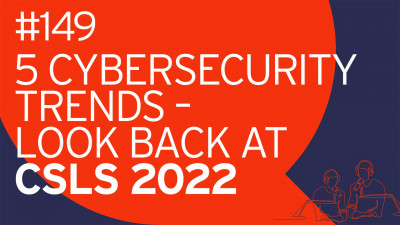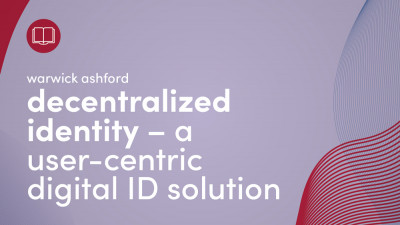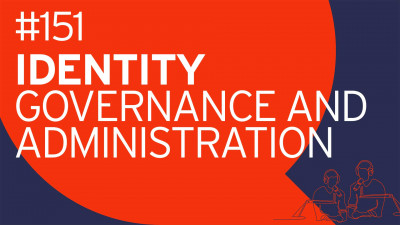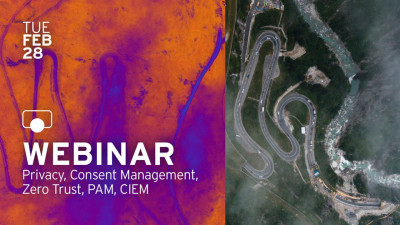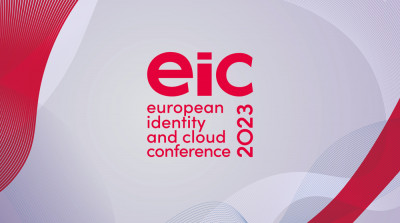The other day I found a notebook on a train. It was in a compartment on the seat of a first-class car. The compartment was empty, no more passengers to see, no luggage, nothing.
And no, it wasn't a laptop or tablet, it was a *notebook*. One made of paper, very pretty, with the name of a big consulting company printed on it. So, it was either a promotional gift or one that employees use. Two thirds of it had been used, which could be seen from the edge of the paper.
Everyone knows these notebooks, from simple A4 college pads with cheap ballpoint pens to expensive, leather-bound prestige models combined with an equally expensive writing device such as a fountain pen.
They serve as brain extensions in meetings, for planning and conducting conversations. They contain details about the owner. And they contain sketches, meeting minutes, information about contact persons (--> GDPR), your business, the business of your partners. You can find sales figures, business plans, product developments, vulnerability analyses and architectural plans. The private mobile phone number of the important point of contact, the passwords to company infrastructure along with computer addresses. Confidential and critical data is thoughtlessly recorded on paper and then elaborated on the way home on the train, at home on the couch or the next day in the office.
Everyone worries about the loss of their computer or of the still ubiquitous, unencrypted USB stick. Rightly so. And today you also have to think about the cloud, because it bears a multitude of risks, which you have to address consistently, comprehensively and correctly (and yes, we can help you with that, but that's not the point here).
However, leakage of sensitive data does not necessarily require a nation state hacker or a violation of the confidentiality of credentials. Clumsiness, haste and forgetfulness can sometimes be enough. And that's why you should be particularly concerned about your paper notes.
You can encrypt a USB stick (yes, you can). You can encrypt whole computers, too. Your corporate laptop should be, anyway, and the encryption of your private computers and data carriers is your own personal responsibility. Most mobile phones and tablets today come with biometrics and also with potential encryption.
But this notebook is still beautiful and has so many free pages, so on to the next meeting? - So let me ask you: What is written in your current notebook? Would you have wanted me to have read all that on the train? Got a bad conscience now? Rightly so.
Paper cannot be encrypted. So, there are only the following two main approaches of data avoidance and data deletion to mitigate these risks: Give the next promotional notebook to a child for drawing (--> avoidance). Destroy all the notebooks you still have (and possibly still use) by means of your home or office shredder (--> deletion). What is still important can be scanned before and stored safely and of course encrypted.
I did not open this notebook and instead handed it over to the conductor and thus to the Deutsche Bahn "lost and found" service. But we can't expect everyone to handle it that way.
As a recommendation: For the future, for all notes that go beyond your private poems (and perhaps for your own self-protection include those as well), use mechanisms that meet your company's security requirements. Notebooks for sure don’t.


